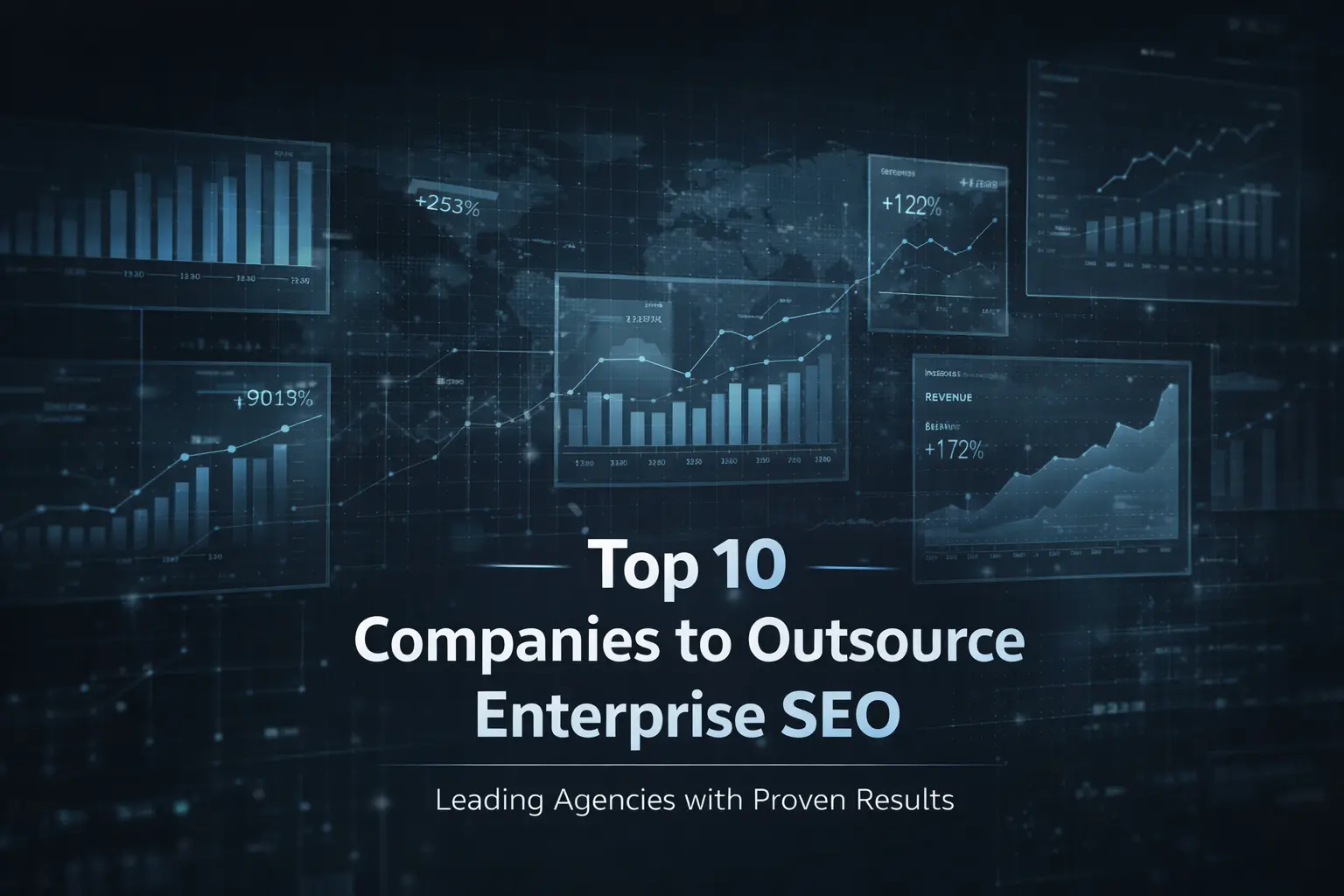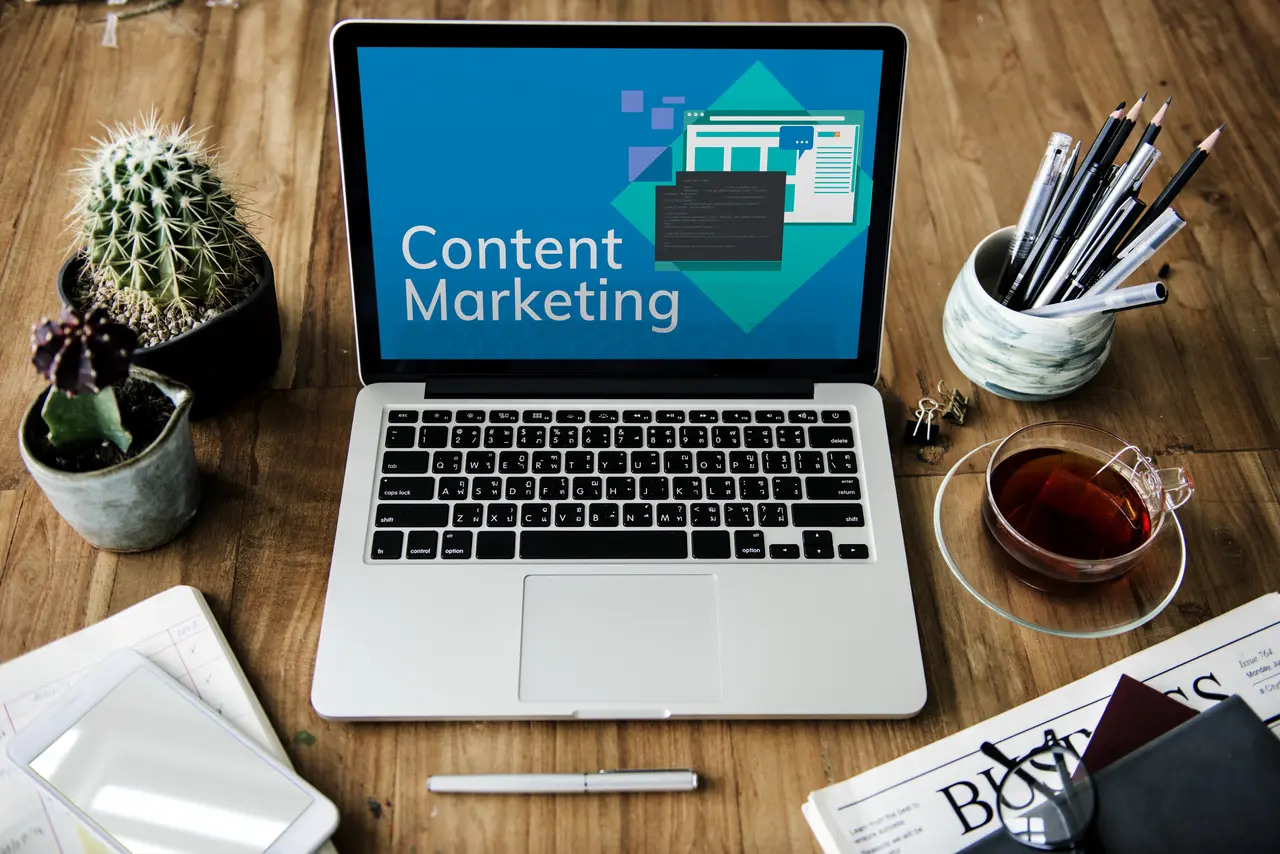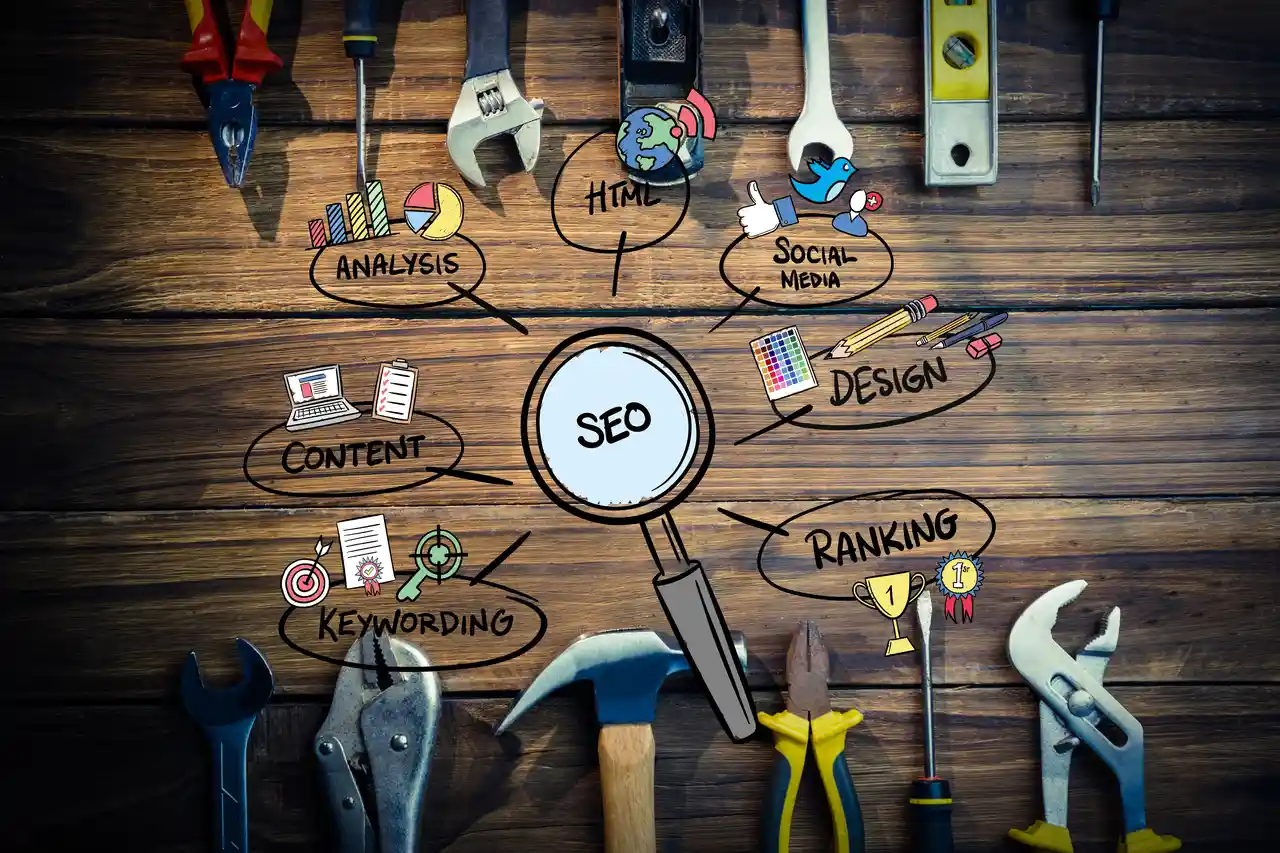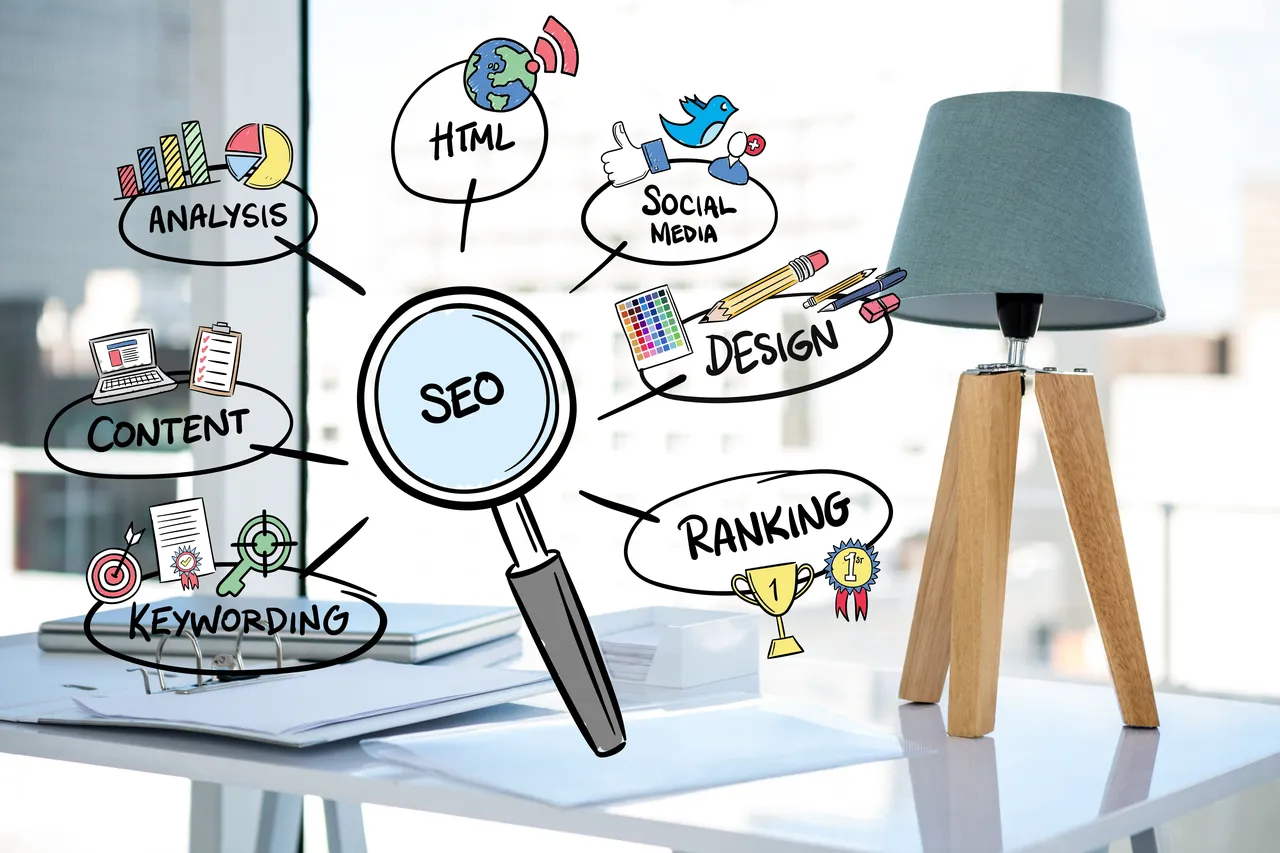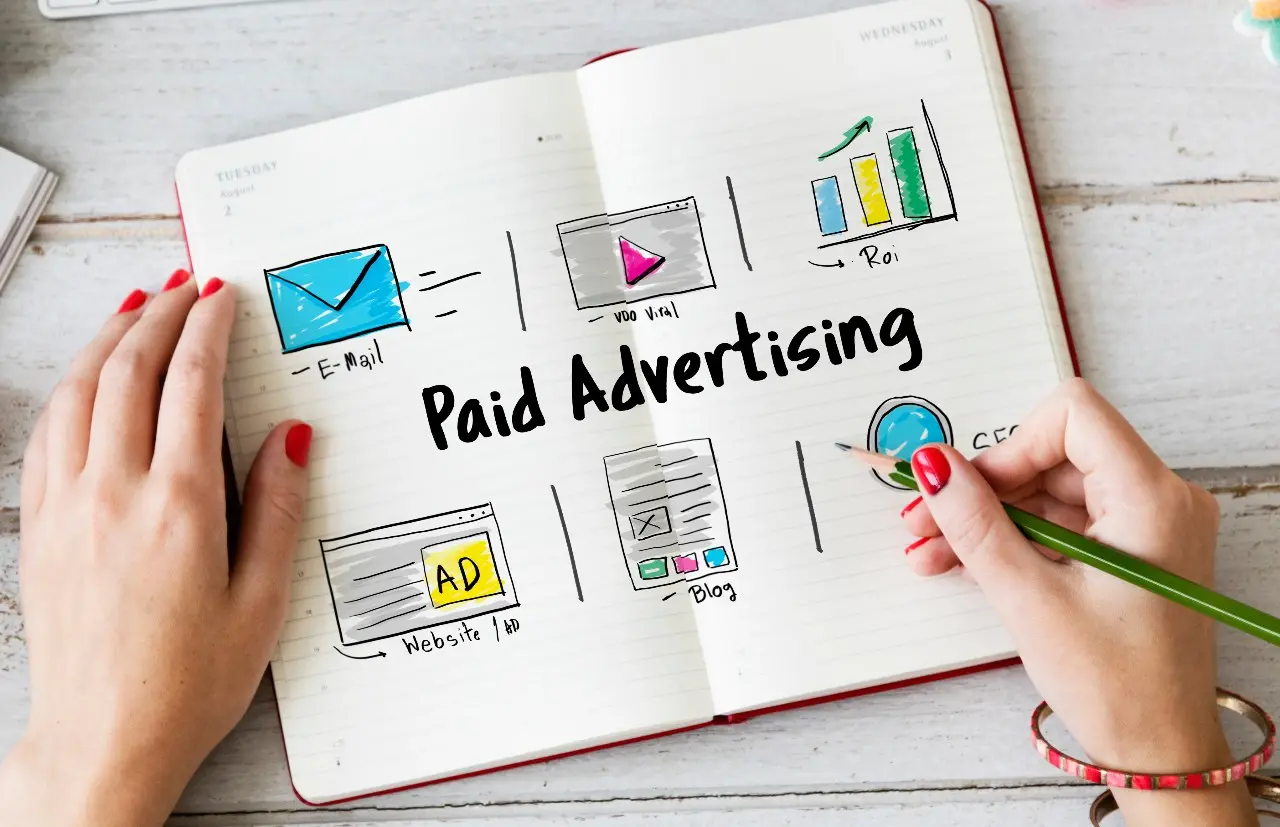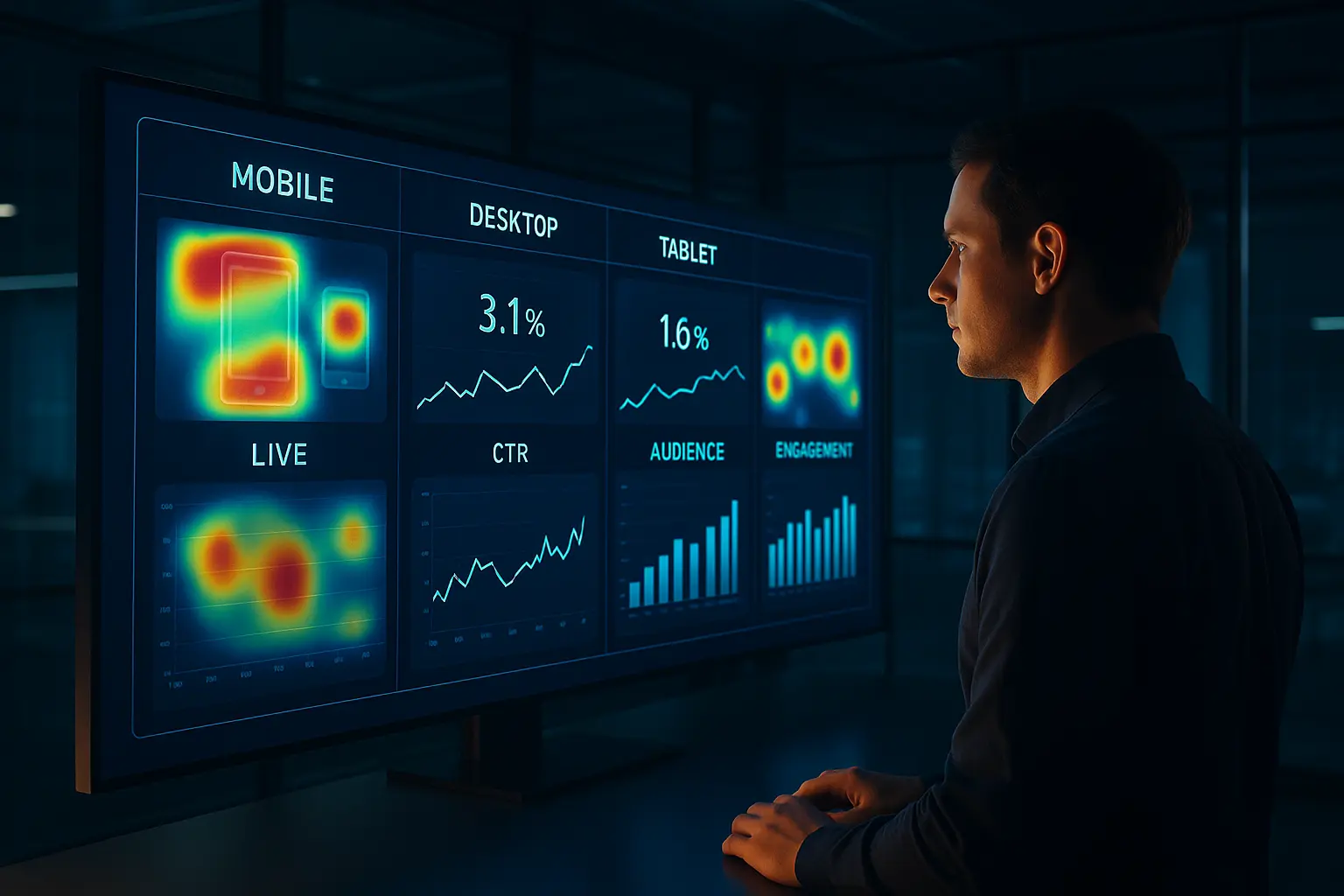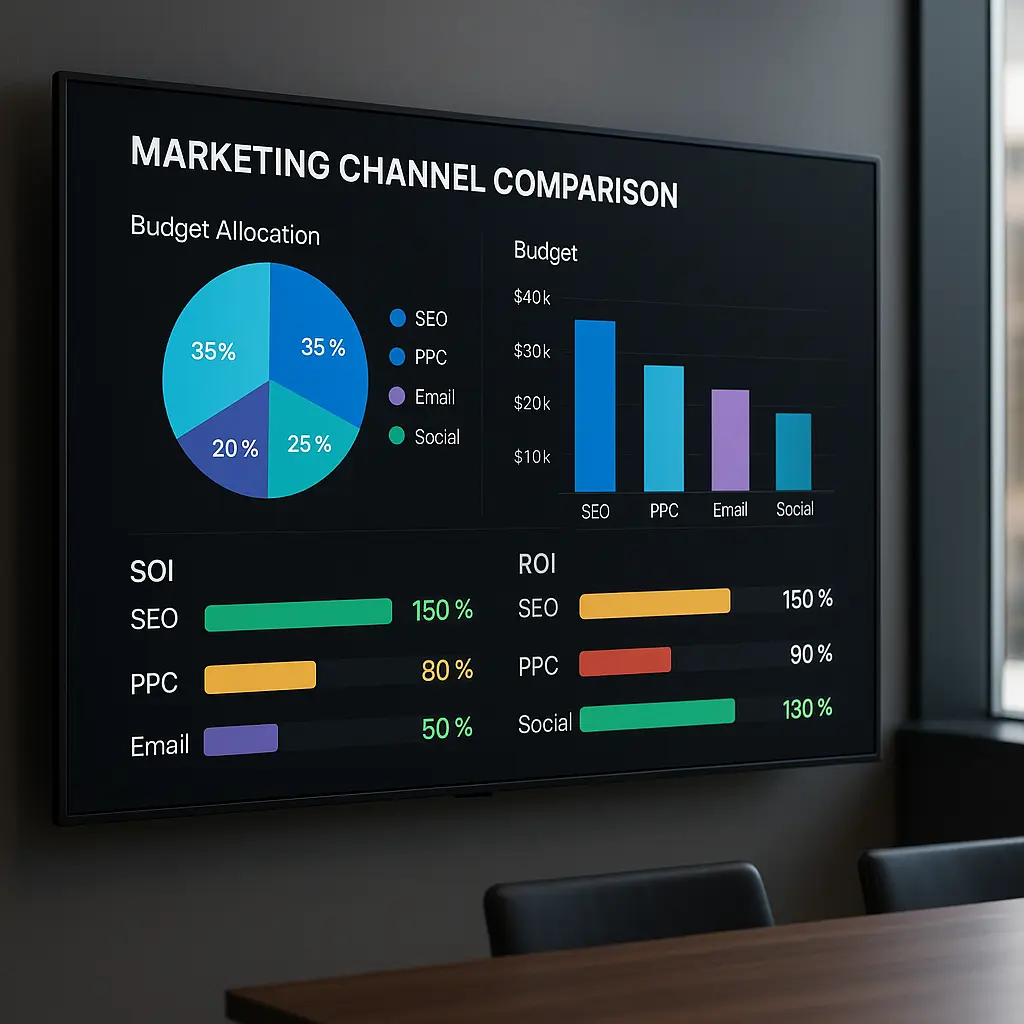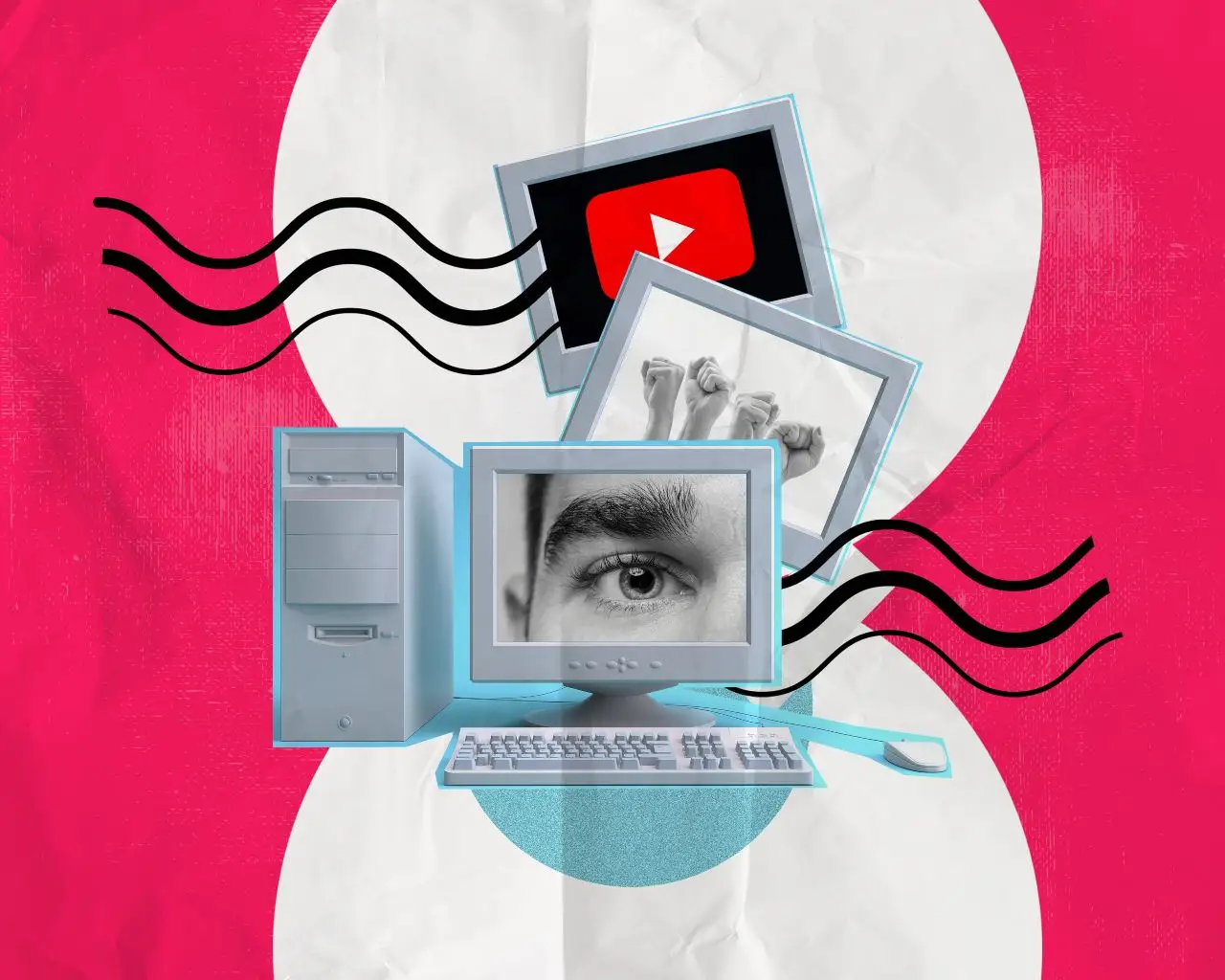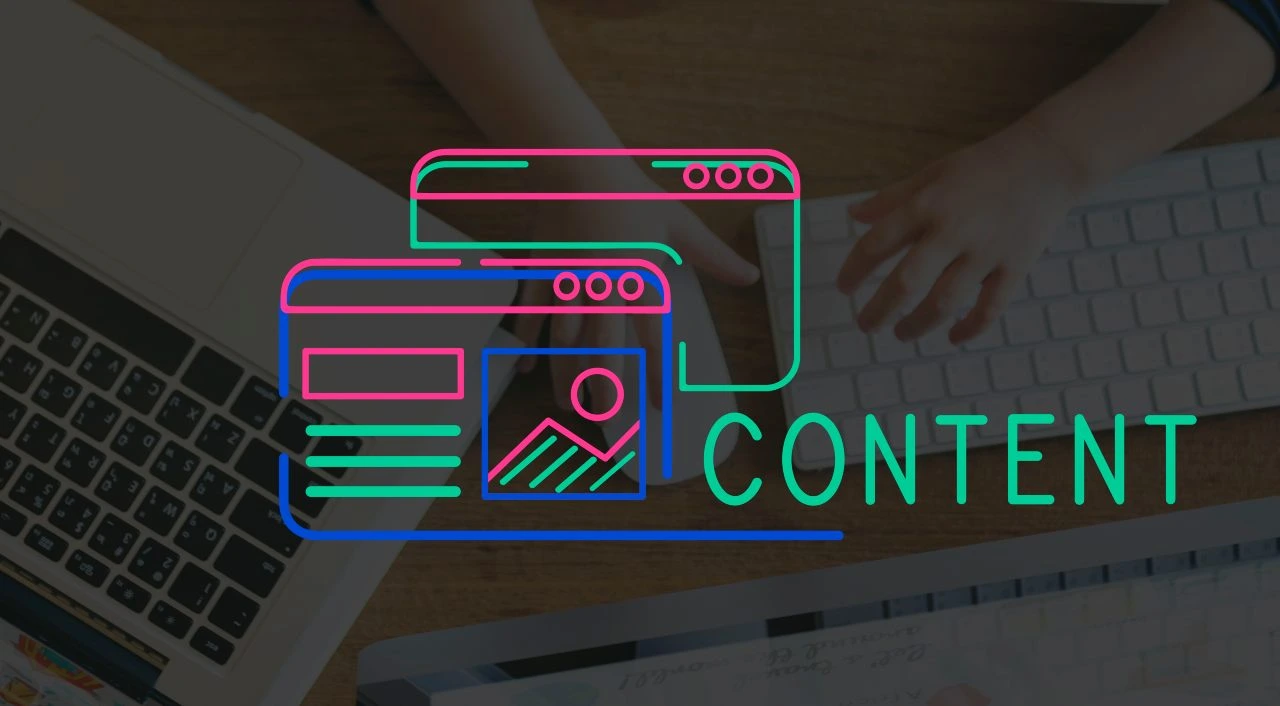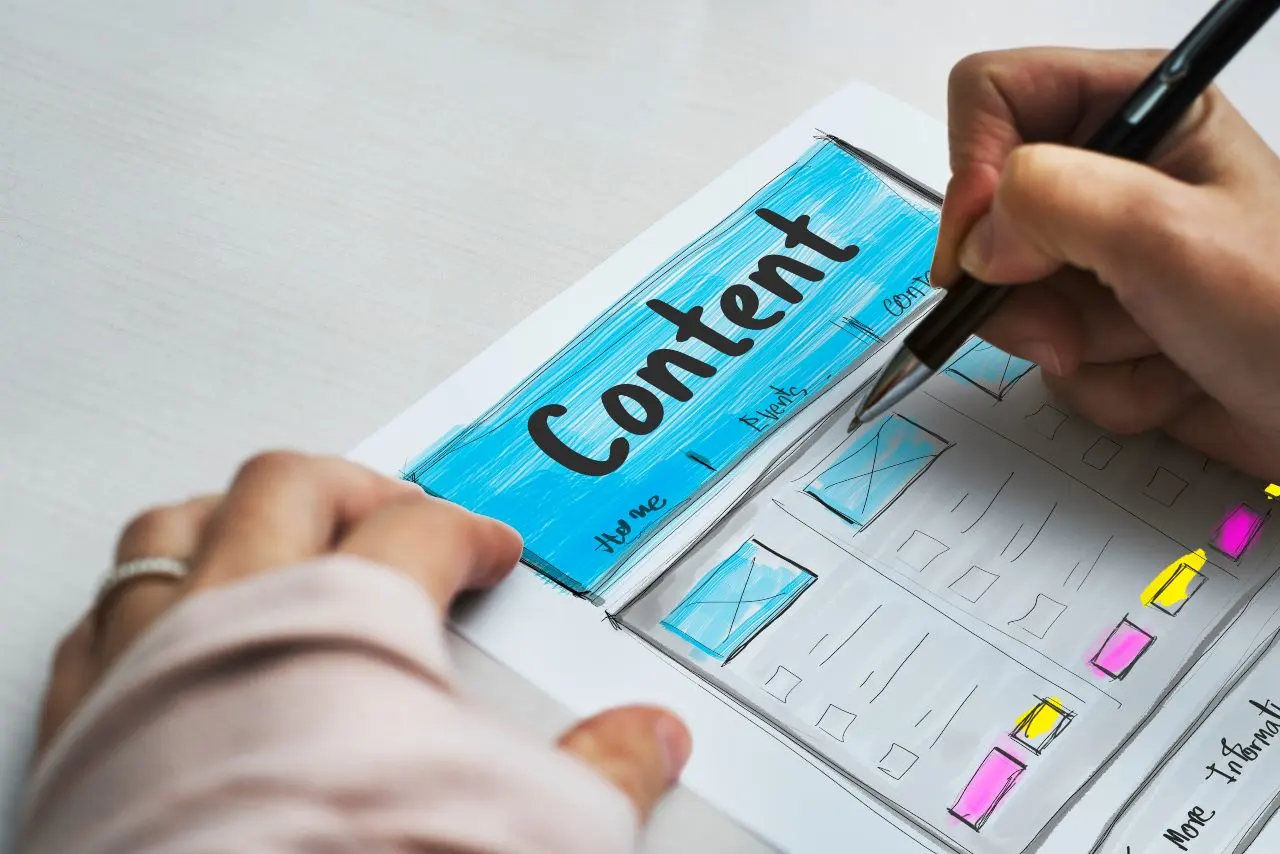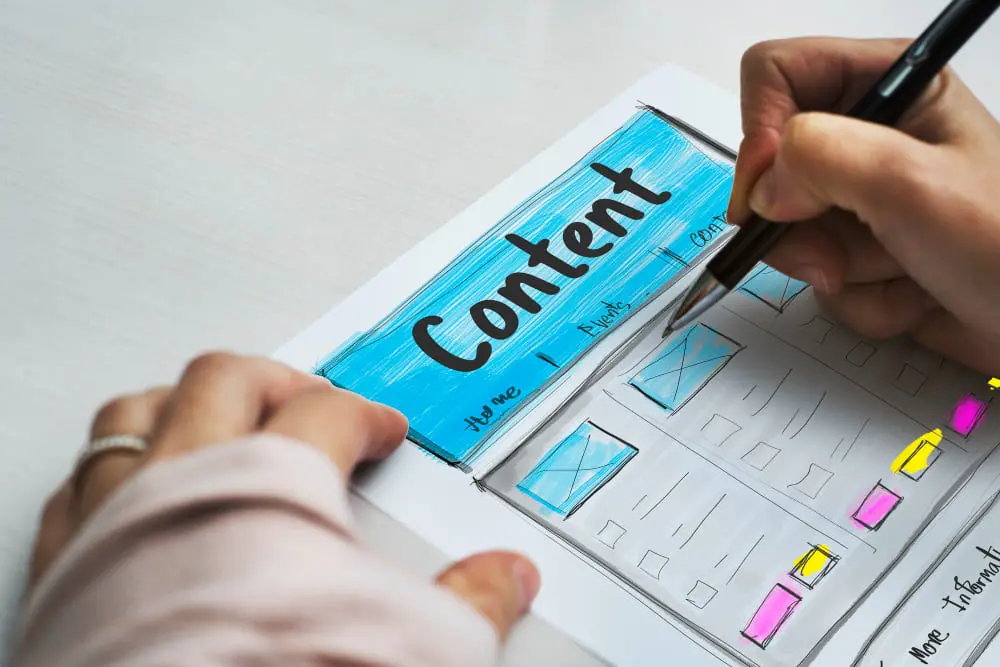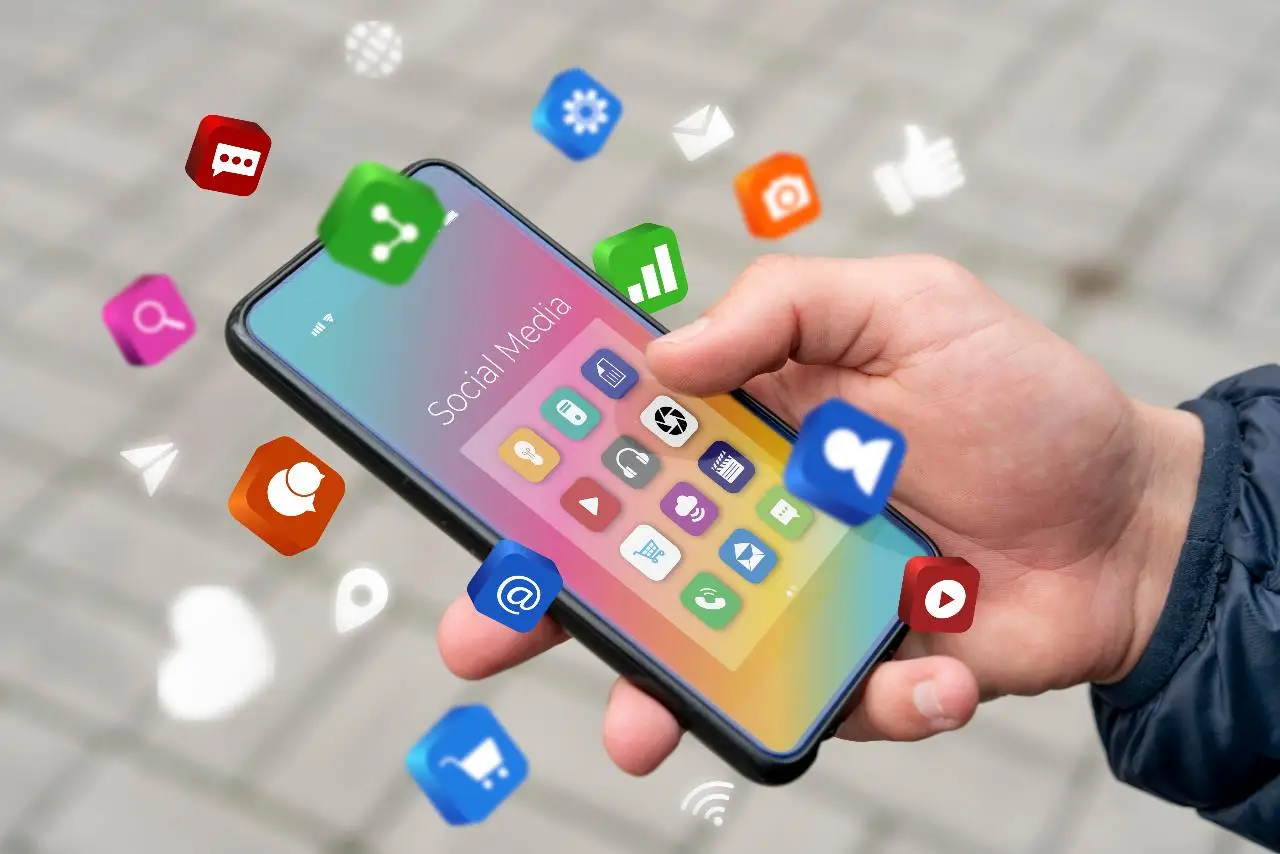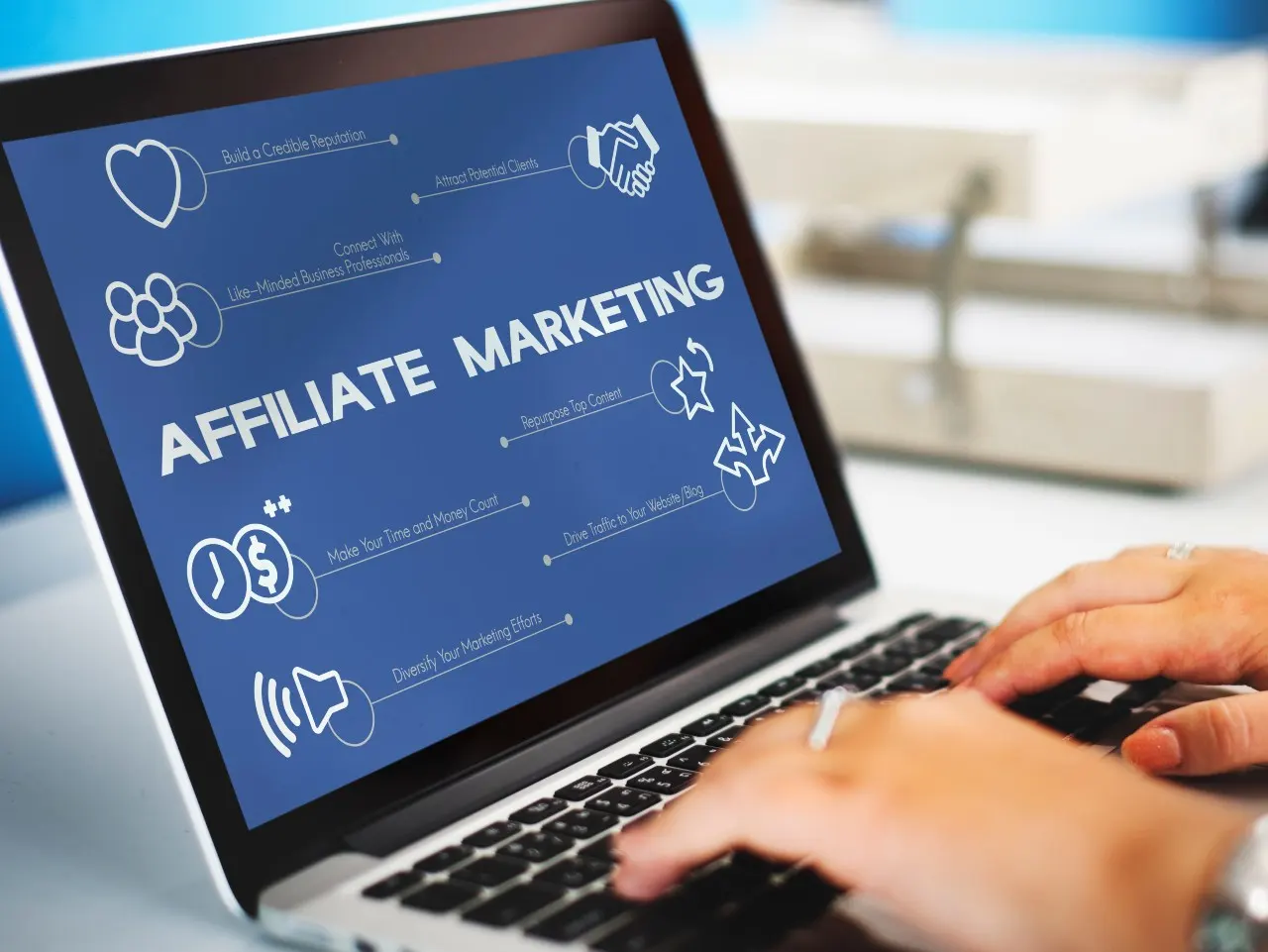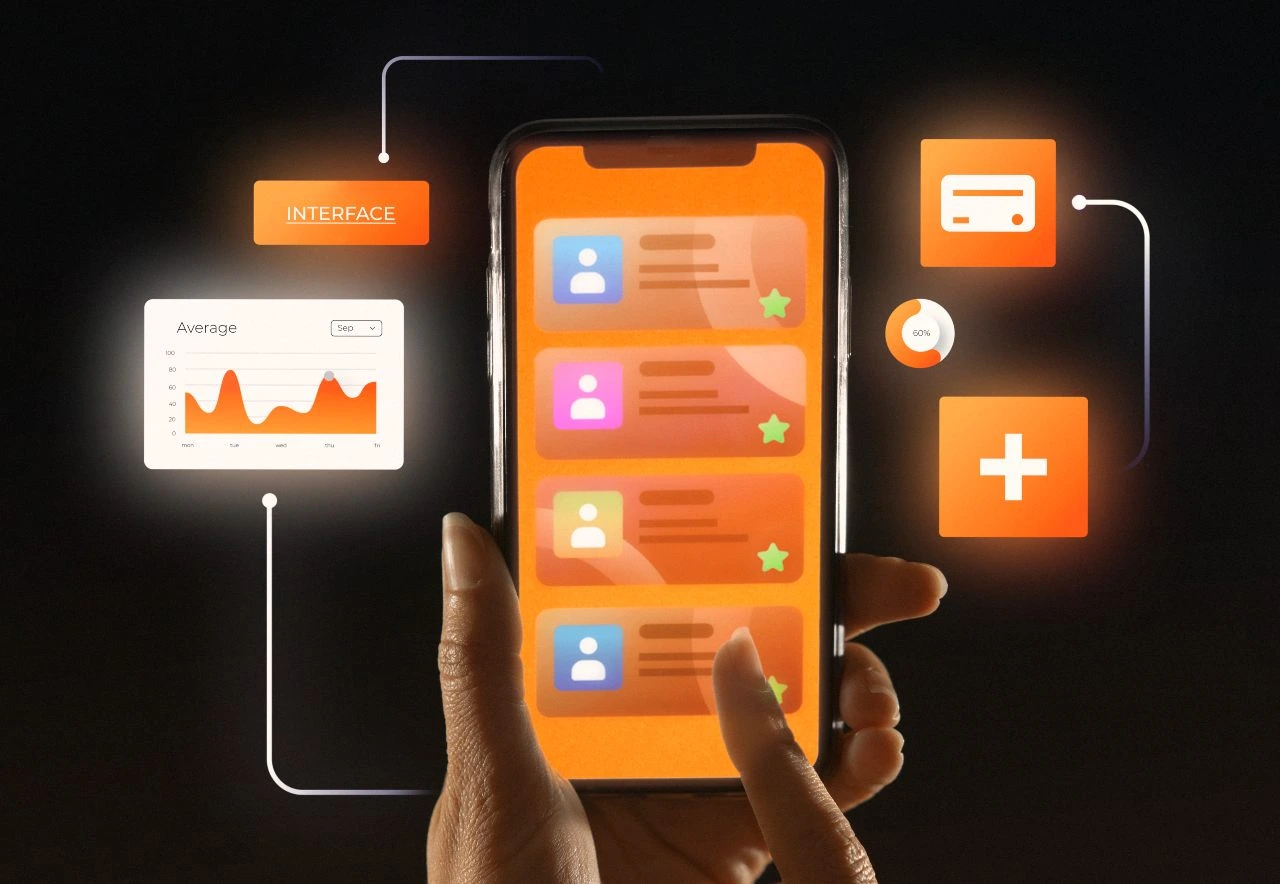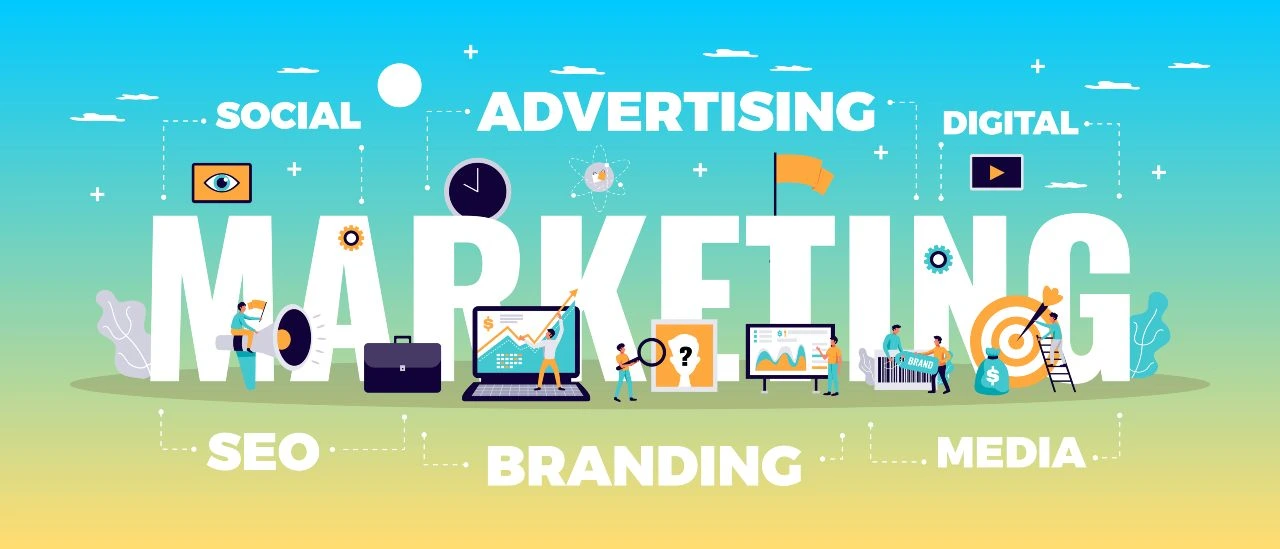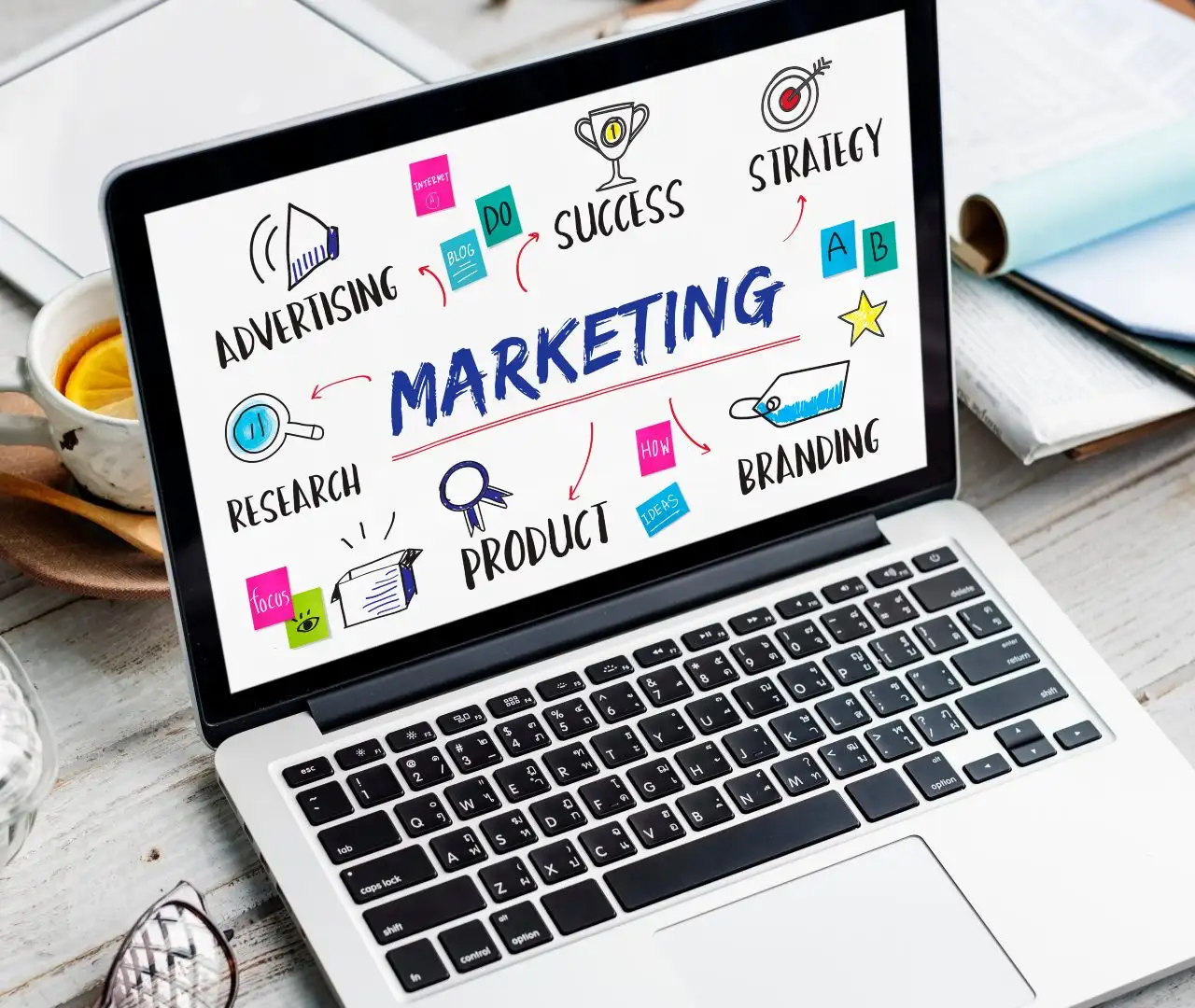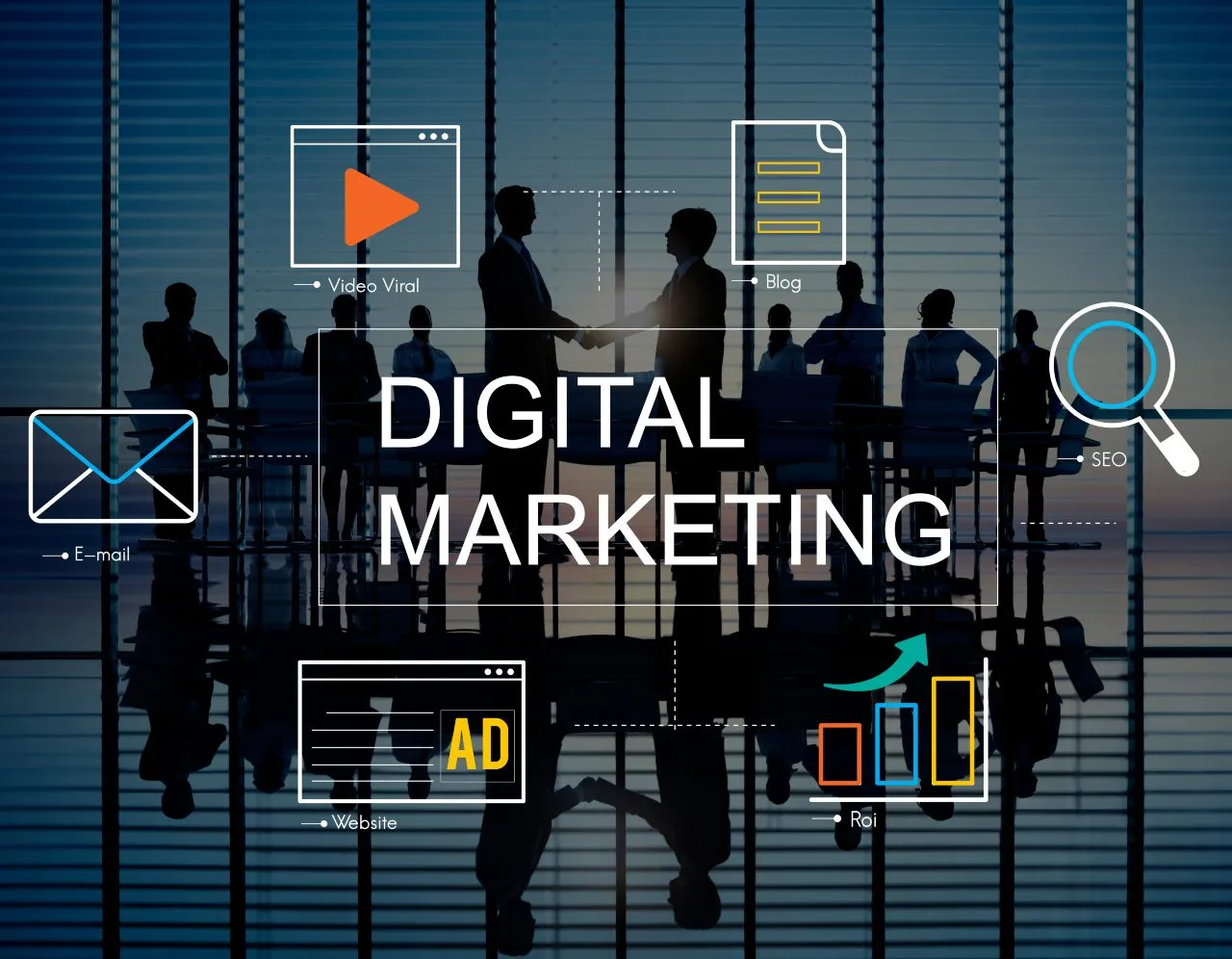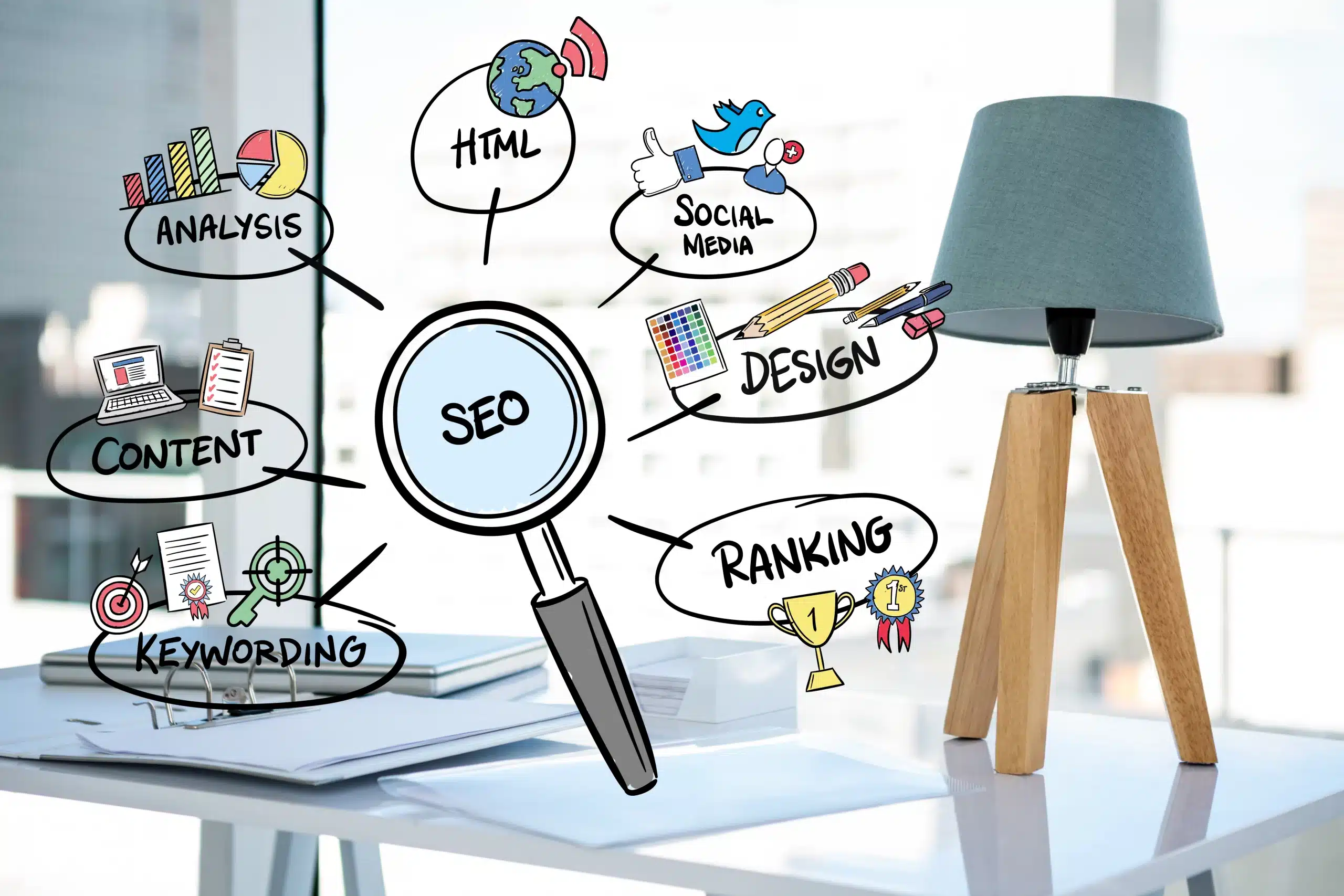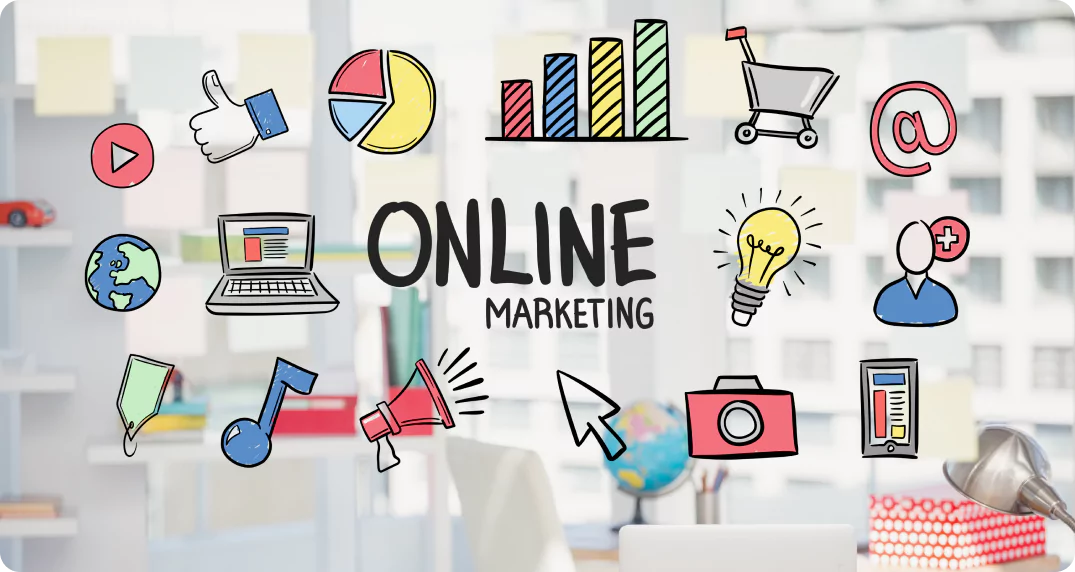Listen to article
Are you up-to-date with the latest b2b content format statistics? Do you know what content formats are currently dominating the B2B marketing landscape? If not, you might be missing out on key opportunities to reach and engage your target audience effectively.
In today’s data-driven world, making informed decisions based on concrete evidence is crucial for success. As B2B marketers, understanding which content formats resonate most with your audience can significantly impact your lead generation, brand awareness, and overall ROI.
In this article, we’ll explore how AI assists in content creation, the high-performing content formats, the growth of video content, and the continuing importance of written content. In addition, we’ll discuss current investment trends, the importance of SEO, the impact of social media, email marketing, and the effectiveness of customer testimonials and case studies. Let’s dive in and see where you should be focusing your content efforts.
How AI is Revolutionizing B2B Content Strategies
Artificial Intelligence is no longer just a buzzword in B2B marketing—it’s a game-changer. As hyper-competition challenges marketers to do more with less, AI offers solutions that go beyond just automation, empowering teams to create smarter, faster, and more impactful content. Whether it’s easing writer’s block, optimizing content for search engines, or refining distribution strategies, AI is reshaping the way marketers approach content creation.
- AI supports content production across key formats: 58% of B2B marketers use it for blog posts, 55% for social media content, and 49% for short articles, making idea-to-execution cycles significantly faster. Source
- Half of B2B marketers turn to generative AI for brainstorming fresh ideas, with 45% leveraging it for tasks like headline crafting, keyword research, or drafting initial versions of content. Source
- Companies embracing AI in content strategies report a 68% increase in ROI, underscoring AI’s ability to streamline workflows, enhance distribution, and improve marketing effectiveness. Source
In addition to leveraging AI, businesses often benefit from a cohesive B2B website strategy to ensure that all content aligns with their overarching goals. AI-driven tools, combined with a well-planned strategy, can help businesses target the right audience and convert potential leads into loyal customers.
Takeaway: AI Complements Creativity, Not Replaces It
The rapid adoption of AI in B2B content marketing highlights its potential to eliminate inefficiencies and amplify results, but savvy marketers know it’s still a collaborative tool—not a substitute for human creativity. AI may generate ideas or drafts in minutes, but the power to connect emotionally with audiences comes from a human touch. As the technology evolves, marketers who combine AI’s precision with their unique brand voice will set themselves apart in an increasingly saturated landscape.
Pro Tip:
Use AI for repetitive tasks like ideation, formatting, or keyword optimization, but always review and refine the output with your audience in mind. Tools like Jasper, Writesonic, or ChatGPT can supercharge your efforts, but authenticity and relatability remain your biggest assets.
Unlocking the Potential of Top B2B Content Formats
In the competitive landscape of B2B marketing, delivering the right type of content can be the key to capturing attention, building trust, and converting prospects into customers. The effectiveness of your content lies in its ability to align with your target audience’s preferences and the stage of the buyer journey they are in. From immersive video storytelling to detailed white papers, successful content strategies are built on a mix of formats that inform, engage, and inspire action. Let’s dive into the data to uncover which formats are leading the way and why they matter.
- Video content continues to dominate, with 58% of B2B marketers identifying it as the most effective format. Case studies, which offer relatable success stories, follow closely at 53%. Source
- For moving prospects through the sales funnel, three content types—articles/blog posts, white papers, and videos—stand out as the most valuable. Source
- Ebooks/white papers (50%), case studies (47%), and social media posts (41%) rank as the top three most effective tools for achieving B2B content marketing goals. Source
- 65% of B2B buyers favor short-form content like blog posts and infographics for its quick-to-consume nature. Source
Takeaway: Content Variety is the Key to Reaching Decision-Makers
The data shows a clear trend: no single format can dominate your entire B2B content strategy. Video content excels at storytelling and capturing attention, while white papers and case studies provide the depth and detail necessary for building authority and trust. Meanwhile, short-form formats like infographics cater to today’s busy professionals who prefer concise, digestible insights. To succeed, it’s essential to create a balanced content mix that reflects your audience’s preferences while strategically integrating formats to meet them at each stage of their buyer journey.
Pro Tip:
Maximize the impact of your B2B content by repurposing it across multiple formats. A white paper can be distilled into a series of short blog posts, a case study can be transformed into an engaging video, and an infographic can highlight key findings from your latest ebook. This approach not only extends the life of your content but also ensures you’re reaching your audience in the format they prefer.
Why Video Is a Game-Changer for B2B Marketing Strategies
In a market where engaging decision-makers requires more than just quality messaging, video content has emerged as an undeniable force in B2B marketing. Its ability to educate, inspire, and simplify complex solutions has made it a preferred tool for brands aiming to stand out in a crowded digital space. The appeal of video lies not just in its visual format but in its ability to build trust, clarify value propositions, and accelerate buyer journeys—all essential in today’s B2B landscape.
- An impressive 84% of B2B brands are actively leveraging video content to better connect with their audience. Source
- A notable 69% of B2B marketers plan to increase their financial commitment to video marketing initiatives this year. Source, Source
- Over half (55%) of B2B marketers say short-form social media videos deliver the highest ROI, outperforming traditional formats like case studies and webinars. Source
- A remarkable 88% of B2B buyers have consumed video content in the past three months to research products or services, cementing video’s role as a crucial resource in the purchasing process. Source
- Blogs that incorporate video content achieve three times more inbound links than purely text-based content. Source
Takeaway: Video Is the Linchpin of B2B Engagement
The numbers speak for themselves—video isn’t just transforming B2C spaces but is now a cornerstone of impactful B2B communication. It seamlessly fits into the decision-making process, whether through product overviews, case studies, or customer testimonials, helping businesses simplify complex offerings while fostering trust and credibility. Savvy marketers who prioritize video not only stand to boost brand awareness but also accelerate lead nurturing and conversion rates. Optimize your strategy by repurposing video content across multiple platforms—from LinkedIn to email campaigns—to ensure maximum reach and engagement.
Pro Tip:
Stay ahead of the curve by experimenting with formats like interactive videos, behind-the-scenes content, or even live Q&A sessions. These innovative approaches make your videos more dynamic and create opportunities for real-time engagement with your target audience. For businesses looking to scale their content creation efforts, exploring full-service marketing solutions can provide a comprehensive strategy to integrate video along with other impactful content formats.
Why Blogging Still Holds a Prime Spot in B2B Content Strategies
As the B2B landscape grows more competitive, written content—particularly blogging—remains a fundamental tool for brands to position themselves as industry experts and attract high-intent leads. While video and interactive content are on the rise, the deep value of well-crafted blog posts, whitepapers, and case studies lies in their ability to provide in-depth information and long-term SEO benefits. For B2B decision-makers, where purchases are often high stakes, written content serves as a reliable and research-driven resource to support their buying journey.
- 80% of businesses prioritize written content—like detailed articles, whitepapers, and case studies—when researching potential vendors. Source
- 70% of marketers report that blog articles drive the best ROI during the early stages of lead generation. Source
- Updating high-performing blog content can boost traffic by 146%, proving the long-term value of quality articles. Source
- 56% of B2B marketers plan to ramp up efforts in blog posts and thought leadership content. Source
- Companies that blog consistently generate 67% more monthly leads compared to those that don’t. Source
- Blogging is considered a critical factor in content marketing success by 52% of B2B marketers. Source
- 59% of B2B marketers rank blogs as their most valuable content channel. Source
- 75% of B2B marketers use blogs in their social media strategies, outperforming the 61% adoption rate among B2C marketers. Source
- Impressively, 96% of businesses incorporate blogs into their overall content marketing strategy. Source
Takeaway: Written Content is the Foundation of Trust and Expertise
In an era of instant consumption, blogs have secured their place as the bedrock of B2B content strategies. Unlike shorter or fleeting content formats, blogs allow brands to dig deeper into audience pain points, establish authority, and deliver solutions that resonate for the long haul. From generating leads to strengthening SEO rankings, blogging remains unmatched for its versatility and ROI potential.
Pro Tip:
To maximize your blogging efforts, focus on evergreen topics that align with your audience’s most pressing challenges. Regularly audit and update high-performing posts to keep them relevant and boost traffic. Incorporate visuals like charts and infographics to enhance readability and leverage internal linking to guide readers toward other key resources on your site.
Maximizing Lead Generation Through SEO in B2B Marketing
In the fast-paced world of B2B marketing, where buyer journeys are complex and decision-making involves multiple stakeholders, visibility is everything. SEO isn’t just a tactic—it’s the backbone of a robust B2B marketing strategy. By ensuring your content ranks where potential buyers are searching, SEO meets decision-makers where they are, facilitating trust and engagement long before a sales team steps in.
- 57% of B2B marketers state that SEO drives more leads than any other channel. Source
- SEO contributes to 14.6% of all leads for B2B companies. Source
- 60% of B2B organizations actively use SEO strategies in their marketing mix. Source
- On average, B2B buyers conduct 12 Google searches before committing to a purchase decision. Source
- Revenue from organic search is double that of other marketing channels for B2B enterprises. Source
- Nearly 60% of B2B organizations report that SEO significantly boosts lead generation. Source
- Search engines are the top research tool for B2B buyers, with 66% using them to discover products in the U.S. Source
- A notable 49% of B2B marketers identify SEO as their primary marketing tactic. Source
- About 15% of B2B marketing budgets are allocated to SEO. Source
Takeaway: SEO Is the Foundation of Long-Term B2B Success
With organic search being a trusted and effective channel for lead generation, it’s no surprise that B2B marketers are doubling down on SEO. Beyond driving traffic, an optimized SEO strategy ensures your business is poised to capture intent-driven leads, often at a fraction of the cost of paid advertising. As search algorithms advance, the focus is shifting toward quality content and user experience—making it vital to align your SEO efforts with your audience’s needs, habits, and challenges.
Pro Tip:
Take your SEO to the next level by investing in content designed to solve specific problems for your target buyer personas. Pair this approach with a strong focus on technical SEO—like fast loading times, mobile optimization, and structured data—to ensure your site ranks high and delivers a seamless experience. Plus, consider tools like SEMrush, Moz, or Ahrefs to continuously refine your strategy.
The Growing Influence of Social Media in B2B Marketing Success
Social media is no longer a secondary consideration for B2B marketers—it’s a powerhouse for driving content distribution, buyer engagement, and brand credibility. The ability to reach decision-makers and facilitate meaningful interactions makes social platforms a go-to resource for savvy marketing teams. At the core of this success lies the strategic use of platforms like LinkedIn, Twitter, and YouTube, which enable marketers to tailor their content to specific audiences and nurture leads effectively. It’s clear that ignoring social media isn’t just a missed opportunity—it’s a competitive disadvantage.
- 97% of B2B companies have an active presence on social media, showcasing its undeniable role in the industry. Source
- 92% of B2B marketers report using social media platforms to distribute their content. Source
- 87% of B2B marketers specifically leverage social media channels for content distribution. Source
- LinkedIn leads the race for B2B marketing, with 78% of marketers deeming it the most effective platform. Twitter (48%) and Facebook (42%) follow as other valuable channels. Source
- The most utilized social platforms for B2B marketing are LinkedIn (97%), Twitter (87%), Facebook (86%), YouTube (60%), Instagram (30%), and Google+ (28%). Source
- Organic social media is the go-to strategy for 43% of B2B marketing teams, while 35% use paid social ads to expand their reach. Source
- Nearly half of B2B marketers (49%) rank social media marketing as the most effective tactic for driving success. Source
- 74% of B2B buyers turn to social media channels for research and decision-making, according to a February 2024 survey. Source
- Social ad spending in the B2B space is forecasted to grow by 46.2%, reaching $9.66 billion by 2025. Source
Takeaway: Social Media Is the Key to Connecting with Modern Buyers
The statistics highlight one undeniable truth: B2B marketing thrives when social media is at the forefront of the strategy. Platforms like LinkedIn may dominate for professional networking, but branching into spaces like YouTube and Instagram can help reach new buyer personas and foster fresh engagement opportunities. As B2B buyers increasingly rely on social media for decision-making, marketers must evolve beyond simply posting to curating personalized, value-driven content that speaks to their audience’s unique needs.
Pro Tip:
To stand out in the crowded social media landscape, focus on engagement metrics—not just impressions. Experiment with newer formats such as LinkedIn Document Ads, carousel posts on Instagram, or short-form video on YouTube. These tools allow you to capture attention quickly and keep potential leads engaged throughout their buyer journey.
Why Email Marketing is the Backbone of B2B Content Success
In an era where marketers are spoiled with cutting-edge tools and platforms, email marketing remains tried-and-true for B2B companies. The reason? It’s a direct, personal, and measurable way to reach decision-makers in a sea of digital noise. When properly executed, email campaigns not only inform but also build meaningful relationships that drive long-term business success. Let’s take a closer look at why email marketing continues to dominate as a B2B content distribution powerhouse:
- 81% of B2B marketers rely on email newsletters as their primary content marketing tactic. Source
- 79% of B2B marketers and agencies identified email as the most effective channel for content distribution in 2023. Source
- Email newsletters are considered essential for content marketing by 73% of B2B marketers. Source
- A resounding 93% of B2B marketers use email as their primary content distribution channel, edging out even social media (92%). Source
- B2B companies typically launch an email marketing campaign every 25 days, showcasing its consistent role in audience engagement. Source
- 83% of B2B marketers rank email as one of their most critical marketing channels. Source
- 44% of B2B marketers say email is their most effective channel for distributing content, surpassing other methods like paid ads and SEO efforts. Source
- Nearly 44% of B2B marketers strategically use email to drive traffic to landing pages, outpacing SEO (36%) and paid ads (33%). Source
Takeaway: Email’s Longevity is a Testament to its Power
While newer marketing channels turn heads, email marketing continues to prove why it’s irreplaceable in the B2B world. Its ability to deliver hyper-relevant content directly into the inbox of decision-makers ensures it remains one of the most reliable and high-impact strategies. However, the key to success lies in intentional execution: personalized, segmented campaigns deliver far better results than one-size-fits-all blasts. As competition in the inbox grows fiercer, focusing on quality and relevance is paramount.
Pro Tip:
Leverage automation tools to create workflows that adapt to customer behavior. For example, send follow-up emails based on link clicks or downloads, ensuring each interaction moves your audience closer to conversion. A/B test subject lines and designs to refine your approach and keep your campaigns ahead of the curve.
Using Customer Testimonials and Case Studies to Win Buyer Confidence
In a landscape where B2B buyers are inundated with options, proof of value has never been more important. Decision-makers are no longer swayed by flashy promises—they want evidence from real-world peers who have faced similar challenges and achieved success. This is where testimonials and case studies step in as powerful content formats. They not only tell a story but provide the kind of trust-building validation modern buyers demand, fostering credibility while answering the unspoken question: “Will this work for me?”
- A notable 33% of respondents in In Demand Generation’s 2024 B2B Buyer Behavior Benchmark Survey revealed that they rely more heavily on peer recommendations and reviews to inform their buying decisions. Source
The key to leveraging testimonials and case studies lies in authenticity and specificity. By featuring measurable results and showcasing how your offerings solve problems, you reduce uncertainty and nudge buyers closer to saying yes.
Pro Tip:
Make your case studies actionable by including compelling visuals, such as before-and-after metrics or infographics, to illustrate impact. Want to make those testimonials sell even harder? Include the name, title, and company of the customer for credibility, and, if possible, pair them with video testimonials to add a human touch to your story.
Conclusion
As the landscape of B2B content marketing continues to evolve, one thing remains clear: versatility is key. From the dominance of video content and the enduring value of written formats to the strategic importance of SEO and email marketing, each content format plays a unique role in driving engagement, nurturing leads, and delivering measurable ROI. The stats speak volumes—whether it’s the 84% of brands investing in video to captivate audiences or the 70% of marketers witnessing top ROI from blogging, the opportunities for impact are immense.
However, it’s not just about choosing the right formats; it’s about aligning those formats with your audience’s preferences, pain points, and decision-making journeys. An effective content strategy integrates creativity, data-driven insights, and a human touch to build trust and deliver value across every stage of the buyer’s journey.
Are you ready to elevate your content marketing strategy and stay ahead in this competitive space? If you’re ready to supercharge your business, don’t hesitate to get in touch with our full-service marketing pros for a free quote. Let’s craft a strategy together that maximizes your reach, engagement, and growth potential.
About Most Popular B2B Content Formats Marketers Use Today
This article was written by the Scopic Studios team and reviewed by Araksya Hakobjanyan, SEO Lead at Scopic Studios.
Scopic Studios delivers exceptional and engaging content rooted in our expertise across marketing and creative services. Our team of talented writers and digital experts excel in transforming intricate concepts into captivating narratives tailored for diverse industries. We’re passionate about crafting content that not only resonates but also drives value across all digital platforms.
Note: This feature blog’s image are sourced from Freepik.
























